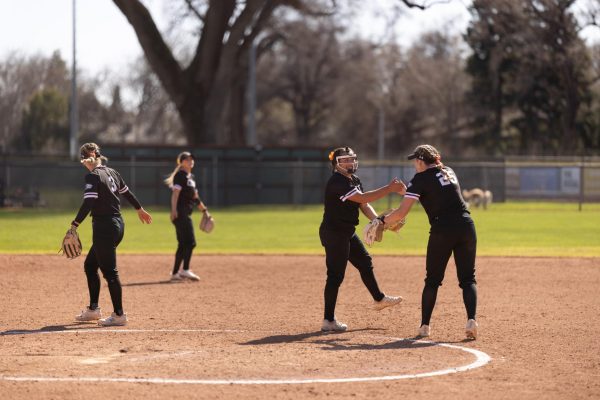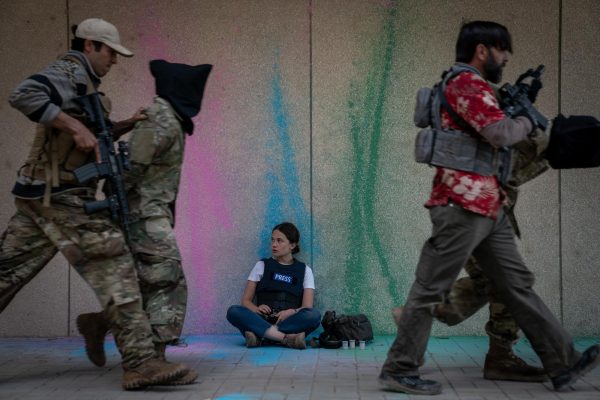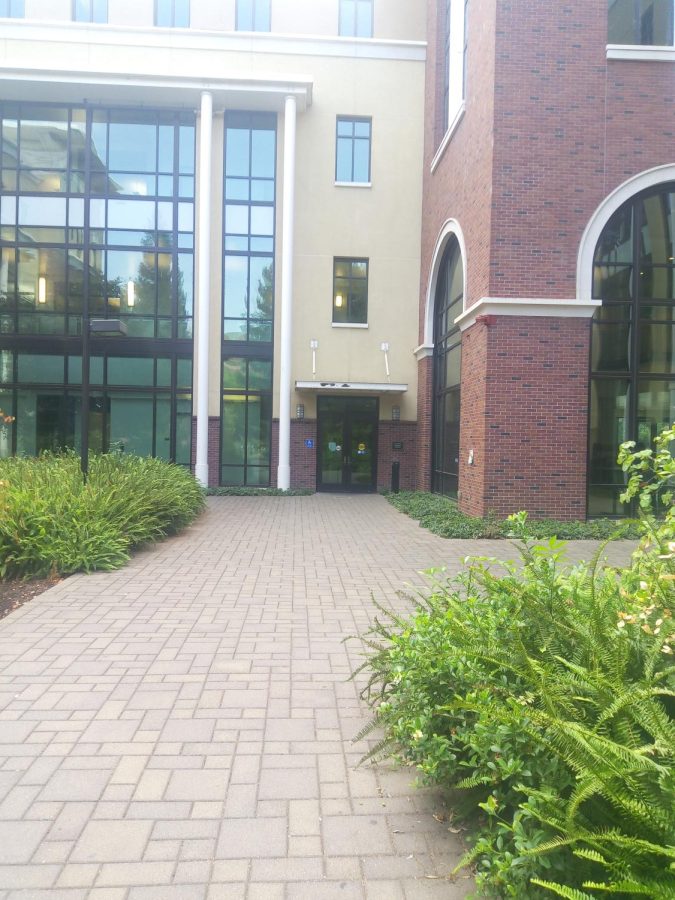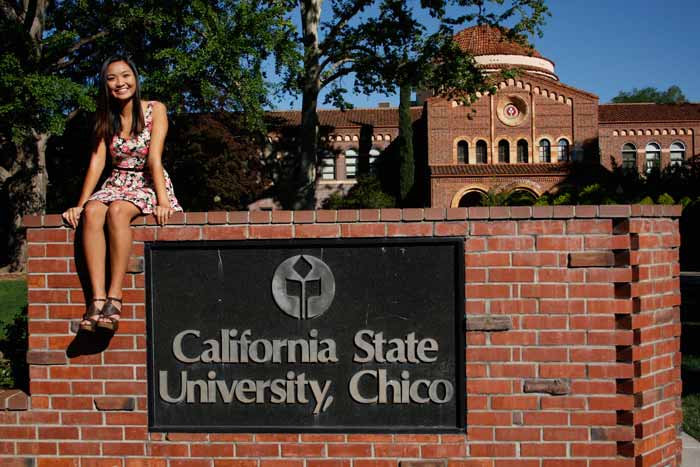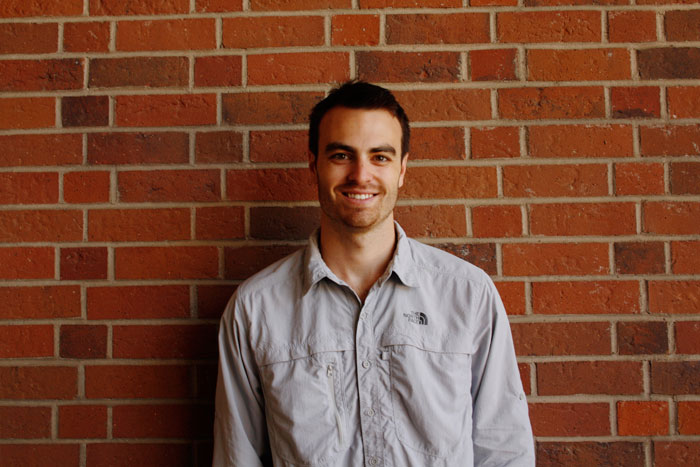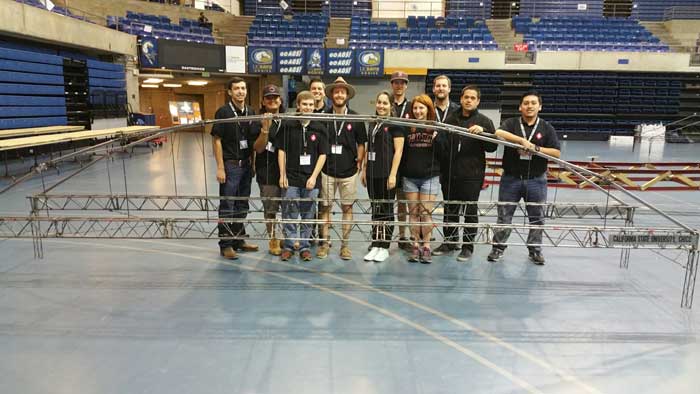Published 2012-05-15T18:54:00Z”/>
Quinn Western
The University Facility Use Initiative and Energy Ballot Initiative were both passed in the April Associated Students election by more than 85 percent.
The new A.S. president and A.S. director of university affairs will go to the Academic Senate to propose the initiatives approved by students.
A.S. President Jaypinderpal “Jay” Virdee plans to meet with Chico State President Paul Zingg and send a formal letter to advocate for students, but Virdee can’t make the university change, he said.
“We can send a formal letter, but by the end it’s their choice,” Virdee said.
<strong>University Facility Use Initiative</strong>
The normal business hours are Monday through Thursday 7 a.m. to 10 p.m. and 7 a.m. to 5 p.m. Fridays. This initiative will extend normal business hours to 10 p.m. on Fridays for recognized clubs. University-recognized groups will not be charged to use campus facilities during these normal business hours and extended hours.
These initiatives serve as an outlet for students and for their voices to be heard, said Michael Barrett, A.S. executive vice president.
The initiatives show how students feel, Barrett said.
<strong>Energy Ballot Initiative 2012</strong>
This initiative states that the A.S. president and A.S. director of university affairs ask the university to create a five-year plan to cut Chico State’s energy usage and cost by one-third.
The university could use more renewables, optimize the use of buildings, shut down certain buildings on the weekends and reduce plug load, said Mark Stemen, professor of geography and planning.
The smart-carts in many classrooms use 38 watts and remain on year-round, Stemen said.
This plan was introduced by Stemen’s “Environmental Thought and Action” course.
“The hope is that the university will respond with a plan that will begin to reduce energies over the next five years,” Stemen said. “It’s unfortunate that the leadership is all coming from the students.”
<strong>Potential clash</strong>
The two initiatives clash, Barrett said.
“One cuts down energy by a third and one extends hours and energy usage,” he said.
The Academic Senate will be hearing two nearly opposite initiatives.
<hr />
<strong>Quinn Western can be reached at</strong>
<em>[email protected]</em>
